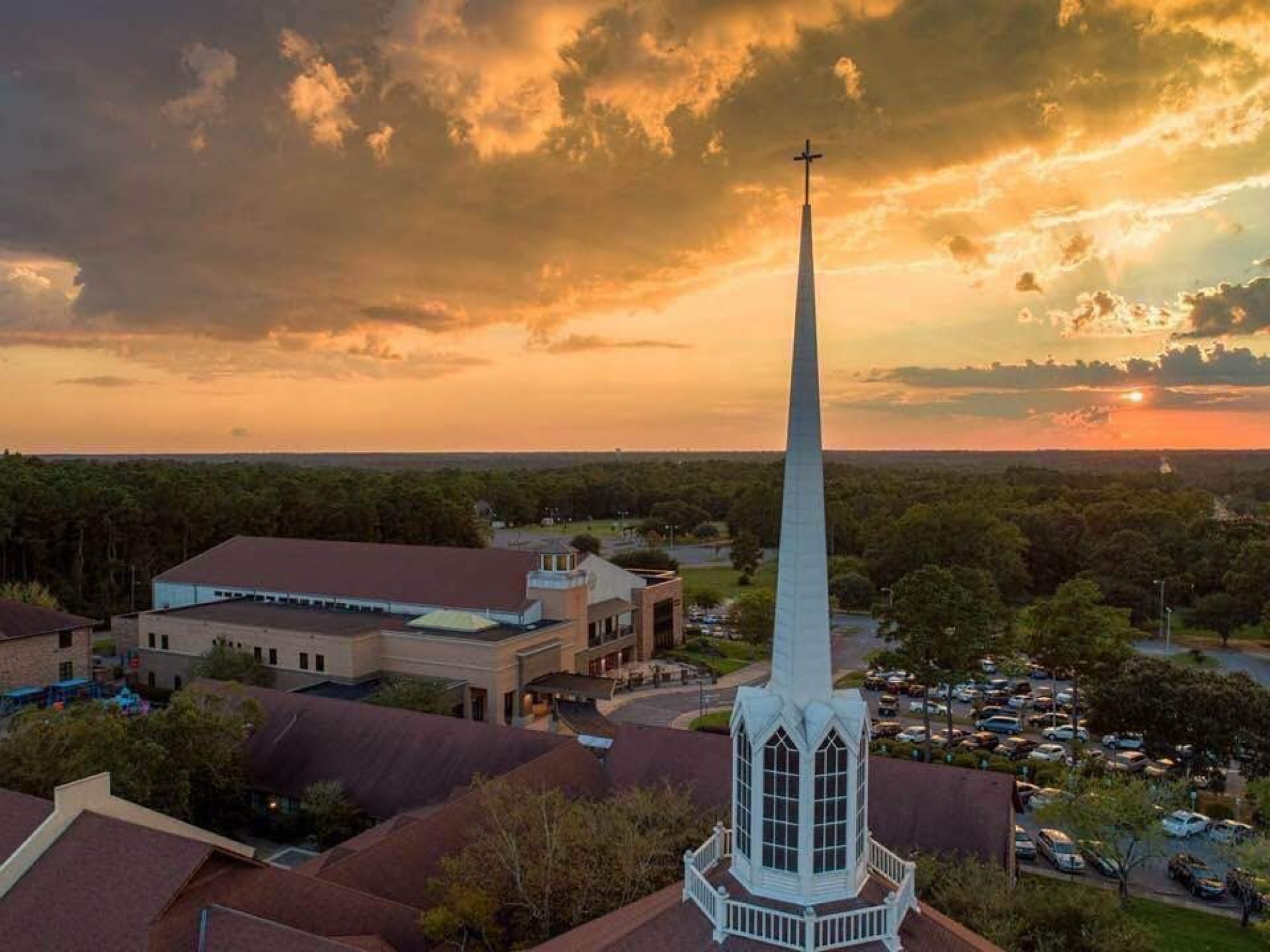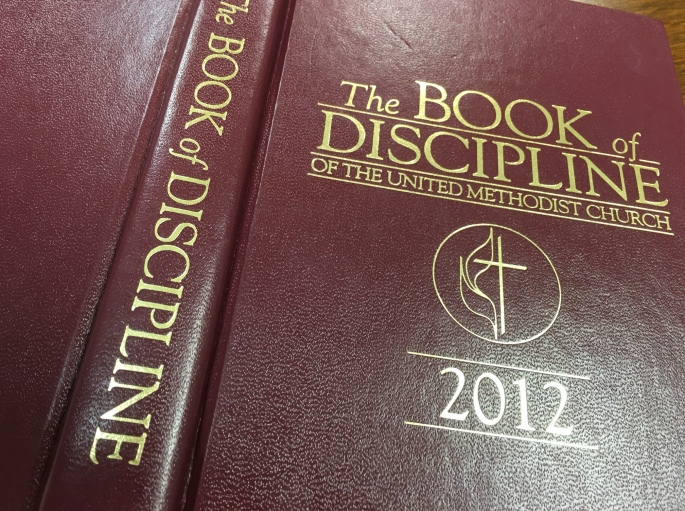As most of you reading this will probably already know, yesterday our Council of Bishops put forth a plan for our Church to establish a commission to examine the paragraphs in our Book of Discipline about human sexuality, discuss these, and then bring back a comprehensive proposal to change the Discipline in hopes of maintaining unity in the church over this issue. The commission would be appointed by the Council of Bishops and is to be made up of diverse representation of the church. The Council of Bishops then may call a special called General Conference to deal with this issue or choose to wait until 2020 for consideration.
Some of asked why the business of the General Conference is so emotionally and physically draining. First of all the days are very long for delegates and our delegates have been experiencing long, grueling days since May 10th. The work of our delegates is very tedious and involves work that most pastors and laity don’t typically do. The long hours and the level of prolonged concentration makes for tiring work. Of course, many of the issues that have been discussed in legislative committees last week are emotionally sensitive which raises the level of tension, stress, and fatigue.
I believe there is another, less obvious reason for the great emotional fatigue experienced by General Conference delegates. I think much of it is caused by the extraordinary measures which are taken to avoid talking about the issues of human sexuality. In one way our differences about human sexuality dominate almost every vote, every nomination, and every parliamentary maneuver. Every day delegates and visitors are protesting the UMC’s stance on homosexuality, and it is being discussed around lunch tables, over coffee, and even on hotel rooftops. The one place human sexuality is really not being talked about is by our elected delegates on the floor of General Conference. The way this issue has been handled at the this year’s General Conference reminds me of a family in crisis that refuses to talk about the problem that EVERYONE knows needs to be dealt with. It is extremely stressful and fatiguing to avoid talking about something that needs to be dealt with.
I try to always be hopeful, especially about the church I love. I am hopeful that the process being led by our Council of Bishops will bring about the unity of our church and fidelity to our biblical, Wesleyan foundation. My concern is that this may ultimately be another avoidance strategy. Eventually the General Conference delegates will have an open debate about human sexuality. I know that this debate will be painful, difficult, and will bring about negative media coverage, however, it will eventually happen. The General Conference, however, has spoken. My prayer is that this will bring about the vital, open conversation we’ve needed to have for years. Perhaps a special called General Conference devoted to this issue will bring us all to the table to have this discussion.


 Last night I was sitting in the Discipleship Legislative Committee meeting and turned around to behold what you see in this picture. Translators working to interpret the goings on of General Conference in (at least) six different languages. This was a powerful sight to me, especially on the day before Pentecost Sunday. It is an amazing sign that we are a global church telling of God’s works in many languages. It’s also a powerful reminder that this is what our church is called to do: communicate the great works of God so that every person can intimately understand it.
Last night I was sitting in the Discipleship Legislative Committee meeting and turned around to behold what you see in this picture. Translators working to interpret the goings on of General Conference in (at least) six different languages. This was a powerful sight to me, especially on the day before Pentecost Sunday. It is an amazing sign that we are a global church telling of God’s works in many languages. It’s also a powerful reminder that this is what our church is called to do: communicate the great works of God so that every person can intimately understand it.